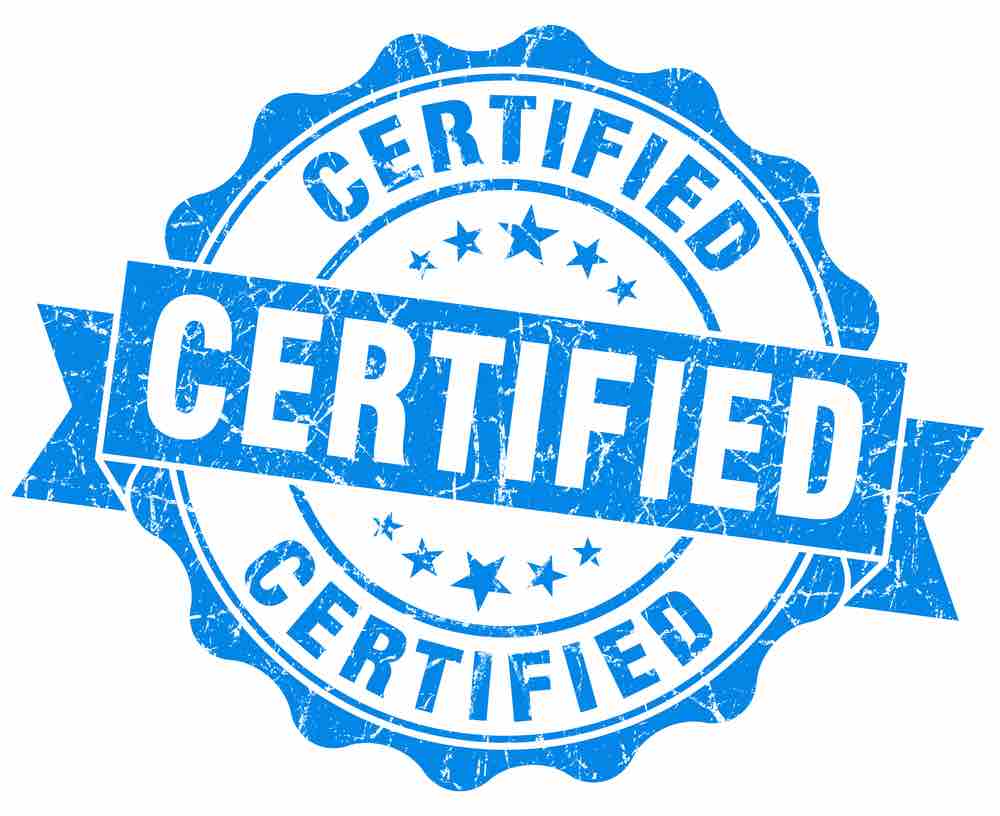Do you have to be certified to be a life coach? This post will give you the simple truth. If you’re thinking of becoming a life coach, this is for you.
You do not have to be certified to work as a life coach. Anyone can call themselves a life coach. As long as a life coach does not pretend to treat mental health conditions they are free to coach without licensing or oversight.
Life coaches are not (currently) regulated by any government organization in the United States. Whereas a a mental health counselor must pass state licensing exams and receive a counseling license before they can legally accept clients.
Most life coaches welcome the lack of red tape in the life coaching industry. Many traditional counselors welcome it too, opting to leave mental health and become coaches. The freedom to practice as you please is causing the field to grow in leaps and bounds.
We do recommend you be trained and certified before working as a life coach. But of course, it is ultimately up to you to decide whether you have the skills and abilities to work as a life coach without proper training and certification. Read these reasons below to decide for yourself:
 8 Reasons to Become a Certified Life Coach:
8 Reasons to Become a Certified Life Coach:
1. Certification involves professional training. Even if you have a gift for working with people, you should know the specific skill set that defines life coaching. It will turn your gift into an uncommon tool that changes people’s lives.
2. Colleagues. Getting certified as a life coach, if you choose a good organization to train with, allows you to meet other coaches.
From these relationships comes more opportunity to network and build your business than most people can achieve otherwise.
3. Your own personal development. Good life coaching institutes ask their students to work on themselves. At the iNLP Center, you will apply each NLP or coaching technique personally before you use it with volunteers or clients. This makes all the difference when you market yourself and practice as a life coach.
4. Mentoring. Some life coach trainers make great mentors. Having people you can go to for answers about your life coaching business, the industry, or for supervision with clients is an invaluable resource.
(When you enroll at the iNLP Center, you get free mentors for life.)
5. A credential could be security. Even though the life coaching industry is not regulated, it could be someday. If and when that happens, credentialed coaches may stand the best chance to be grandfathered in for a state license.
Life coaching is now a billion dollar industry that continues to grow. Certification and credentialing are becoming the norm. Common sense suggests that as the field of coaching matures, norms will turn into laws. Do you want to be that life coach who ignored the writing on the wall?
6. Added credentials never hurt. At this point, being a certified to be a life coach is enough to give you the skills to practice. Having an added credential behind your name (such an ICF ACC Credentialed Coach) can only help your professional credibility.
7. Pulse of the industry. Credentialed coaches are members of a credentialing organization and stay in the loop with best practices, the latest research, and industry updates.
8. Integrity. As a coach, clients are trusting you that you know what you are doing. A coach has a lot of power to effect their clients and help them make serious decisions about their lives. This responsibility is nothing to take lightly. Taking a reputable life coach training and working with a coach mentor is ultimately the right thing to do.
9. Personal Development. Beyond common sense and smart business practices, if you don’t get life coach training, you’re missing out on perhaps the best interpersonal skill set ever developed.
When it comes down to it, if you are going to the expense of taking a life coach training, you might as well make it an ICF coaching certification training. See the coach training tracks.
You might also benefit from:
The iNLP Center Life Coach Career Aptitude Quiz




